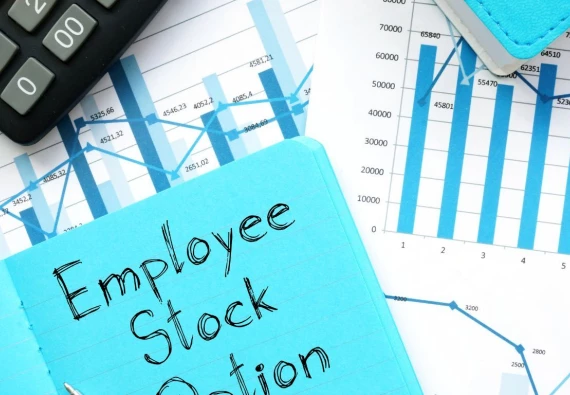When your startup incorporates, you and your co-founder(s) will issue yourselves a certain number of shares of stock in the company. Because your company will be brand new, the shares have almost no value and so the purchase price will be very low. However, you will want to pay the purchase price for these shares. The mechanics and timing of doing this often raises questions from founders, and so I’m sharing some general guidelines to keep in mind.
If you’re wondering how you should pay your shares, the starting point should always be to look to the contract you sign to purchase your shares. This type of contract is often titled “Restricted Stock Purchase Agreement”. If your agreement specifies a method of purchasing your shares, that makes things easy.
If the agreement doesn’t provide purchase instructions, or if it gives different options, the most common practice I see is for founders to cut a check to the company and give the check to an officer of the company. Typically, the check will be dated to match the date of the restricted stock purchase agreement. The officer will then scan and keep a copy of the check on file with the company, at which point the officer will either deposit the check in the company’s bank account or, if the company doesn’t yet have a bank account open, hold onto the check and deposit it once an account is opened.
While this method is the most common one I see, it is not the only option. The key, in general, is to ensure that the method used creates a paper trail showing the amount paid and the date on which it was paid. One reason this is important is to have a record establishing that a timely Section 83(b) election was filed within 30 days of acquiring the shares.
Related: 83(b) Elections For Startup Founders
Finally, ask your startup lawyer if you’re not sure how to handle paying for founder shares. Different circumstances can call for different approaches and it’s important to get this right.





